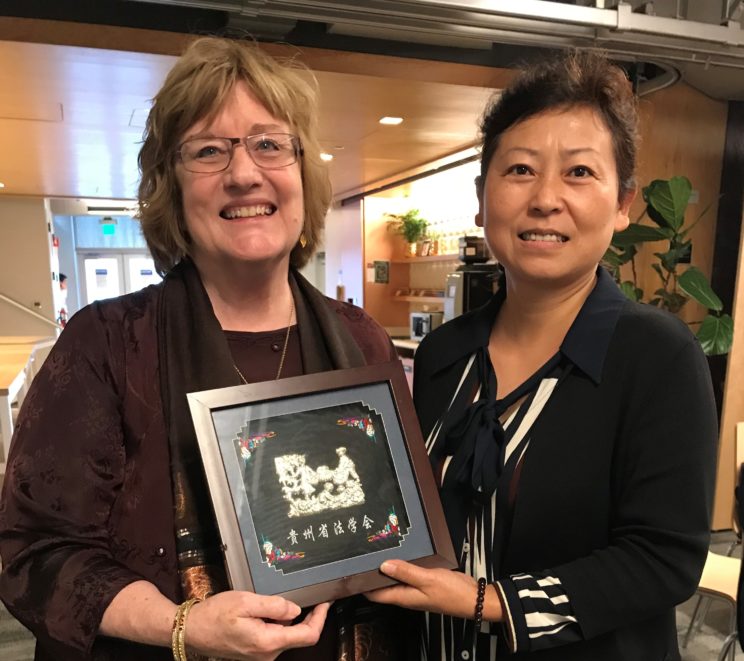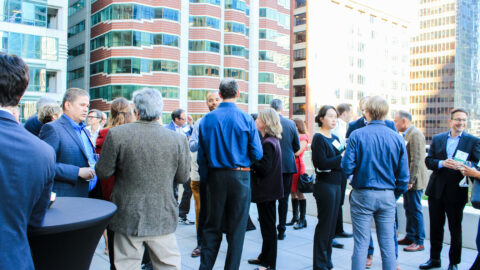In September, the International Law Institute from Washington, D.C., hosted 25 members of the China Law Society (CLS) on their multi-city tour to consult with representatives from Alternative Dispute Resolution (ADR) programs. CLS is an academic organization involved in developing, enhancing and reforming the Chinese legal system, which has a long history of mediation.
They sought out the Bar Association of San Francisco’s (BASF) Bay Area Mediation Services program, given its reputation in the legal community and its breadth of mediation programming. BASF staff and several invited speakers met with the group to introduce them to the Bay Area Mediation Services program, the Attorney-Client Fee Dispute program, the mediation programs with the San Francisco Unified School District and the Conflict Intervention Service (CIS).
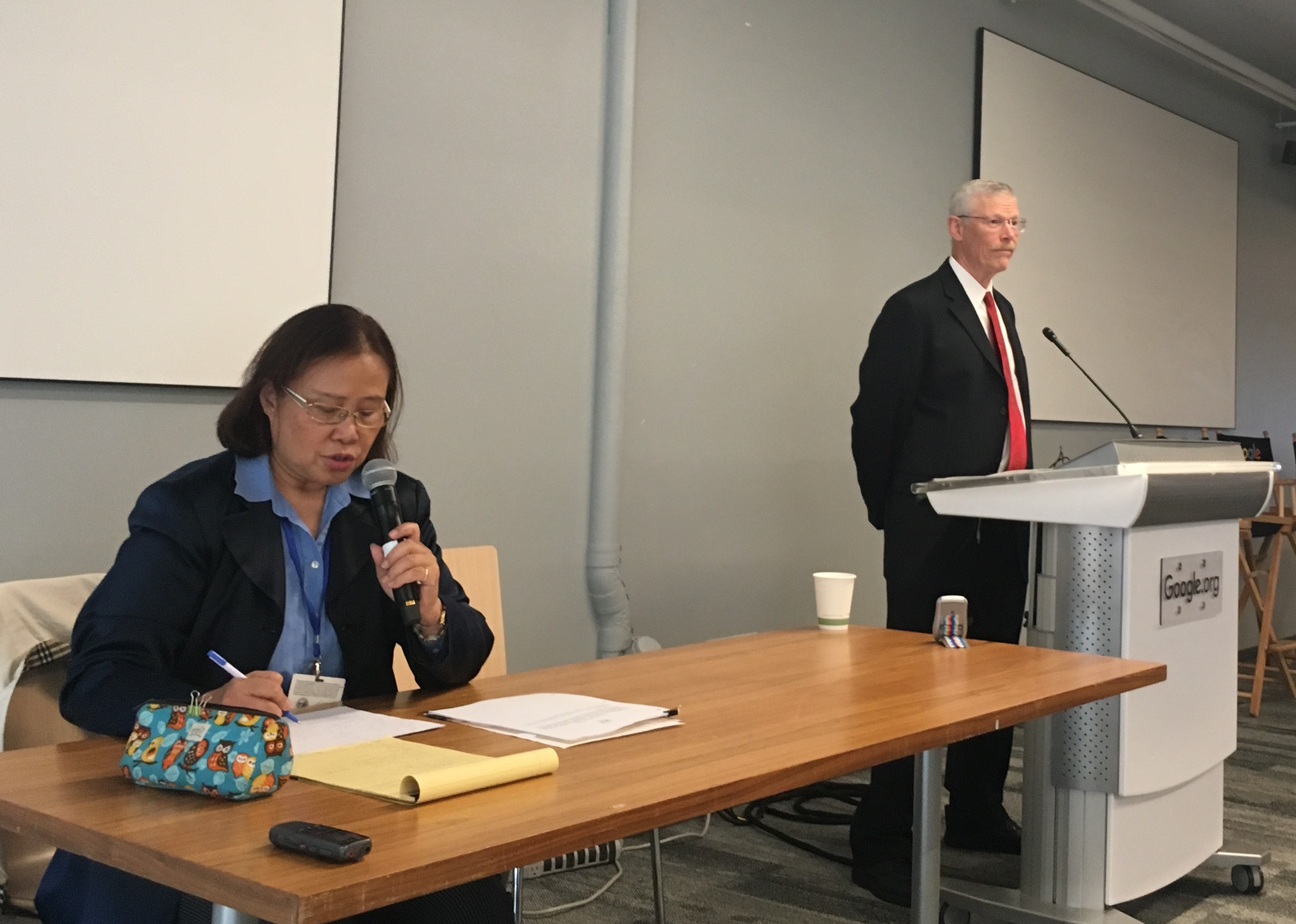
Ron Kelly, well-known in state, national and international ADR, spoke about California laws governing mediation in particular and the qualifications and training of mediators. He described the history of how California evolved the widespread use of voluntary dispute resolution in the areas of family, labor/management, and civil disputes. He talked about the various styles of mediation and the boundaries between judges, mediators and arbitrators in the US. Ron provides a popular 40-hour mediation certification training at BASF as well as a 20 hour arbitration certificate training.
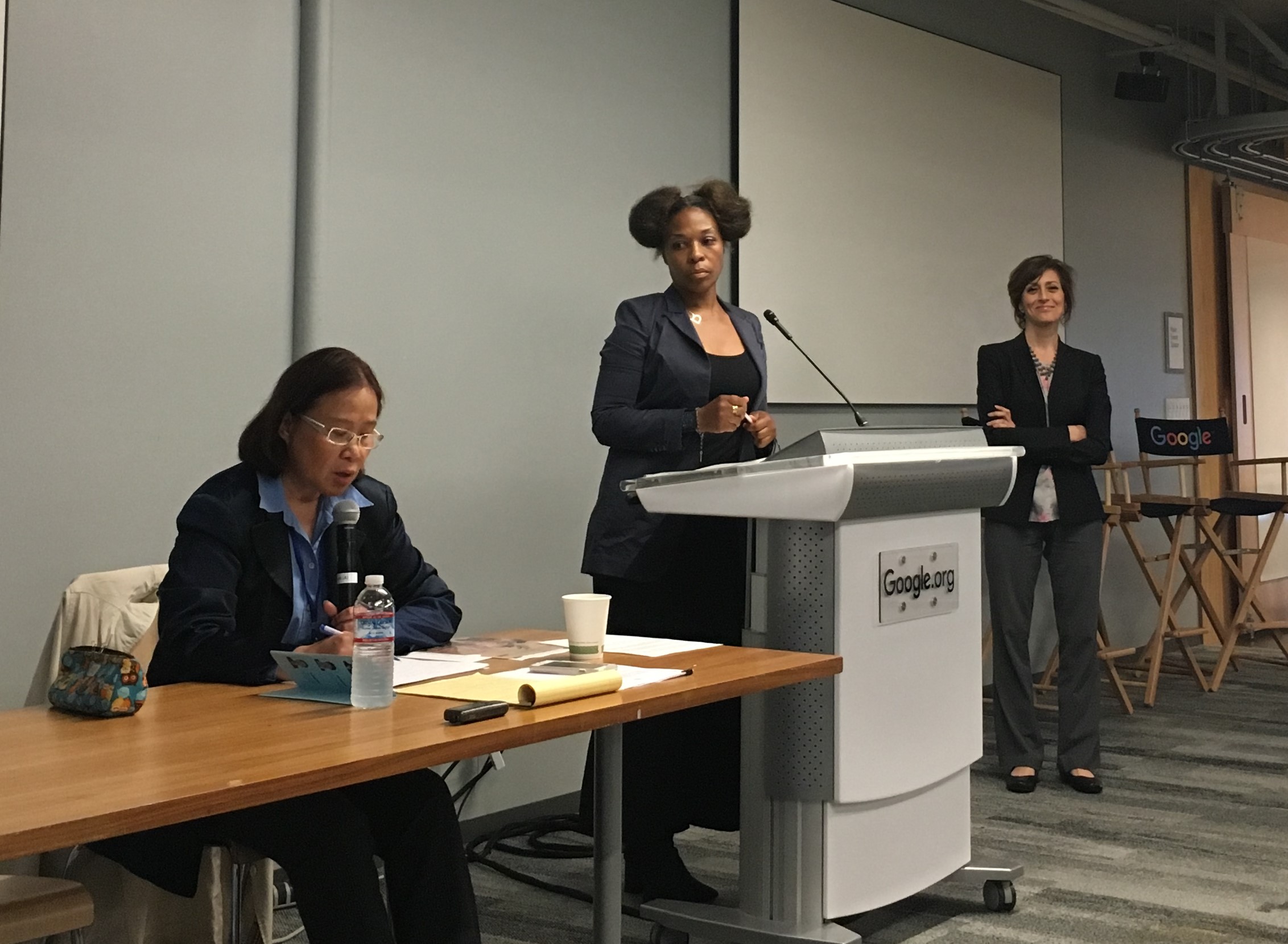
Marilyn King, ADR manager, along with Rhea Settles, a facilitator for both the SFUSD and CIS programs, and Carole Conn, ADR director, described each of the BASF programs and answered questions from the audience about how the programs work and how they are received in the community.
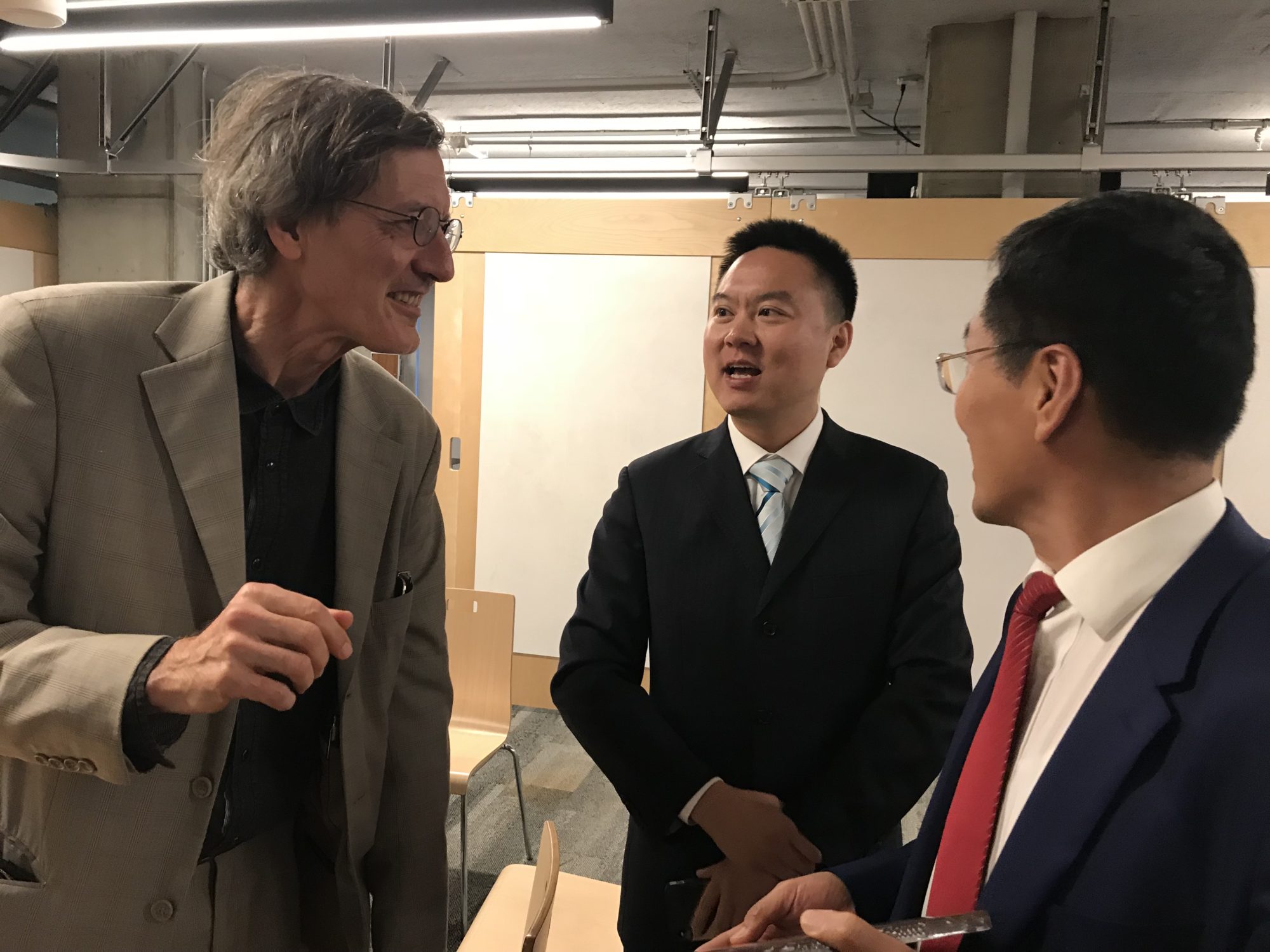
Urs Laeuchli, a mediator on the Bay Area Mediation Services panel as well as the SFUSD panel, spoke of his extensive experience in international ADR, and specifically his work in China. Urs is an international attorney, trainer and author with over twenty years’ experience in ADR.
The delegates were interested in learning about procedures involved in ADR, the training and qualifications of practitioners, and implementation of ADR within and across various agencies and courts. This high-level group of representatives from all around China was unusual in that their recommendations would go straight to the ruling Central Committee. They graciously presented gifts to the speakers after the lively discussion of ADR practices and opportunities for incorporation of these ideas into their culture and systems for resolving disputes.
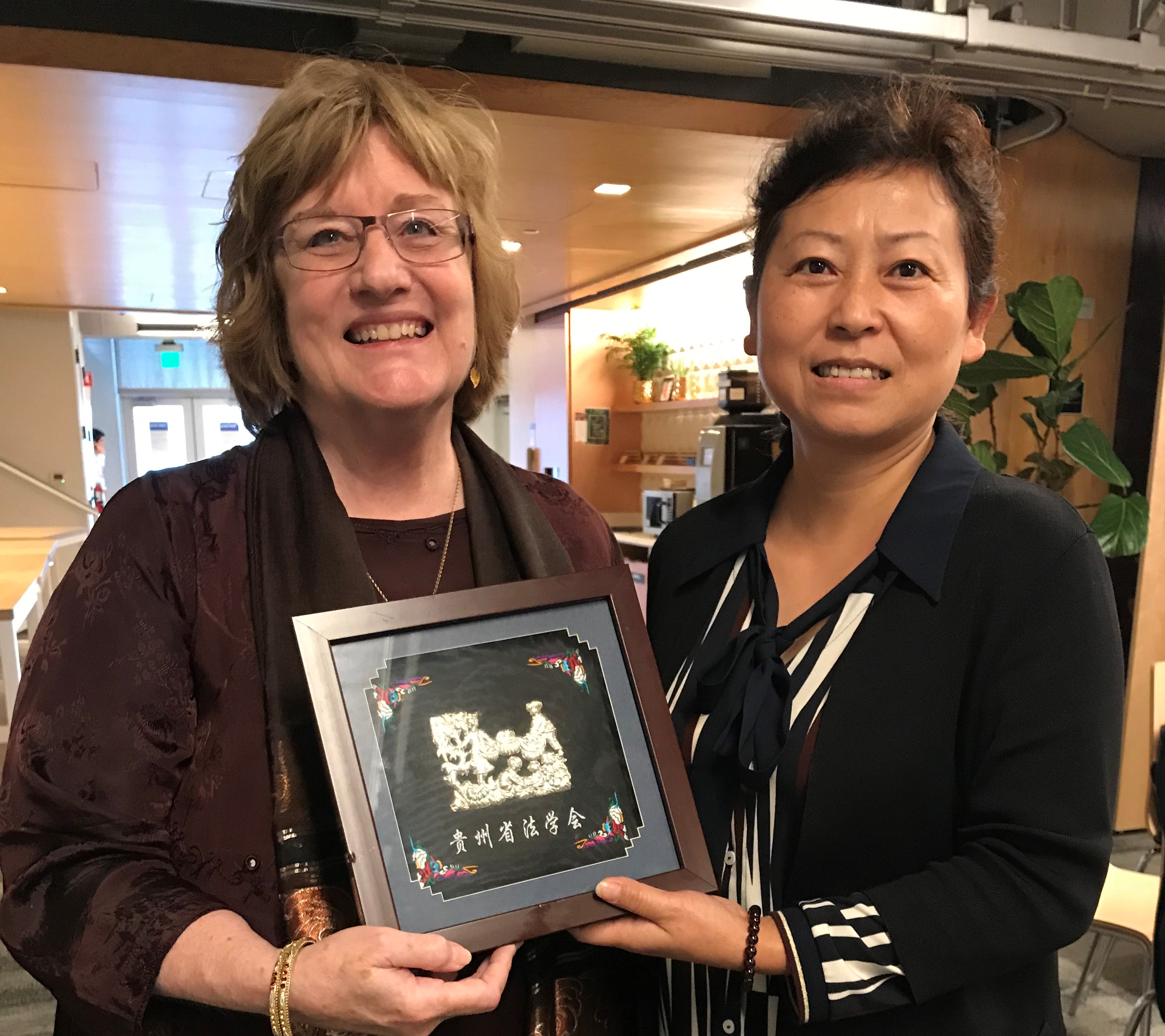
To learn more about BASF’s ADR programs, visit www.sfbar.org/adr


